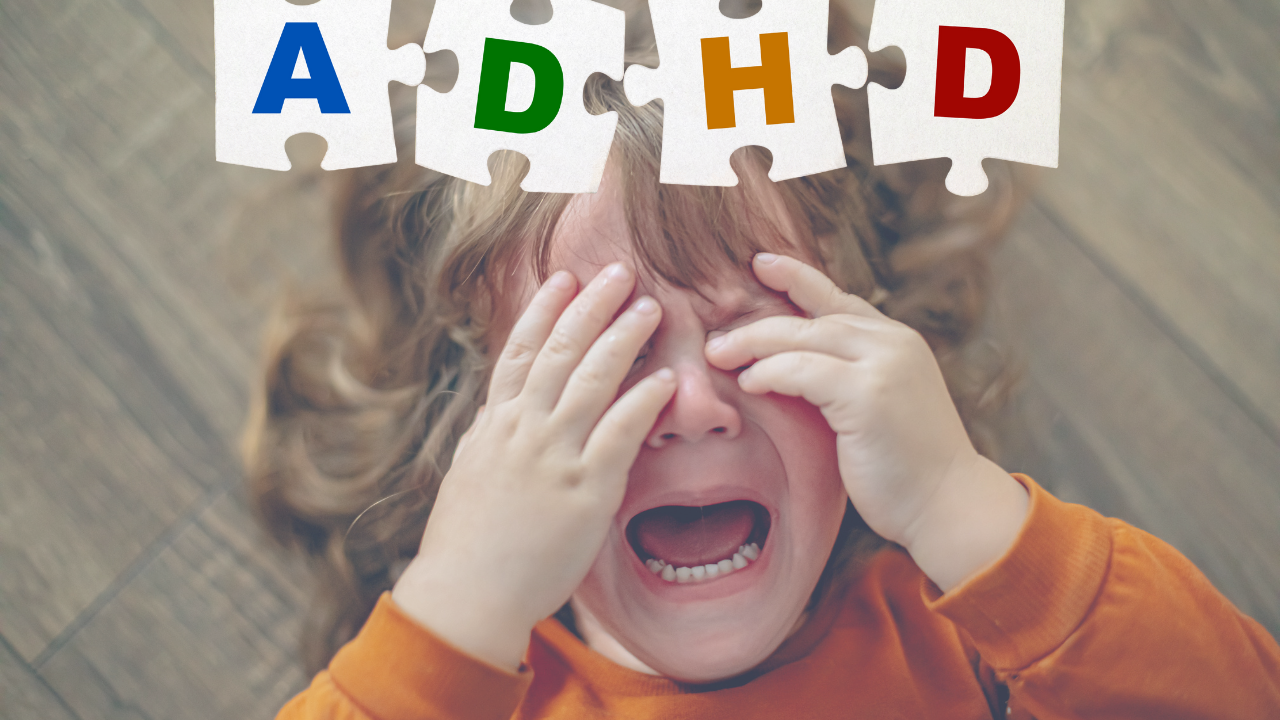Why Does Everyone Have ADHD These Days? | ADHD in Children Explained
Sep 03, 2025
Why Does Everybody Seem to Have ADHD These Days?
If you’ve been hearing more and more about ADHD (Attention Deficit Hyperactivity Disorder), you’re not alone. Many parents wonder: “Why does everyone seem to have ADHD these days?”
The truth is, everyone experiences moments of inattention, impulsivity, or restlessness. In our fast-paced world, these symptoms can be even more noticeable. But that doesn’t mean everyone has ADHD.
For a child (or adult) to meet the diagnostic criteria for ADHD, symptoms such as inattention, hyperactivity, and impulsivity must cause clinically significant difficulties in everyday life—whether that’s at school, at home, or in friendships.
Is ADHD Overdiagnosed?
Some people worry that ADHD is being “overdiagnosed.” But part of the diagnostic criteria includes evidence that the symptoms are negatively impacting daily functioning. That means, by definition, ADHD cannot be diagnosed if the behaviours are not causing impairment.
The rise in ADHD diagnoses is actually due to:
- Better awareness of how ADHD can present in different children (and across genders).
- Greater acceptance in society, which encourages families to seek help and support.
This is something to celebrate: more children and families are being recognised, understood, and supported—rather than struggling without answers.
How ADHD Can Impact Daily Life
1. Social Functioning
Children with ADHD may find it hard to form and maintain friendships. This can include:
- Missing social cues such as body language or tone of voice.
- Interrupting others or blurting out comments.
- Difficulty with turn-taking during games or conversations.
- Emotional outbursts that can sometimes push peers away.
2. Academic Functioning
At school, ADHD symptoms can directly interfere with learning and success. For example:
- Trouble paying attention in class and retaining information.
- Difficulty following instructions or completing tasks, leading to falling behind.
- Losing track of school equipment or homework.
- Poor time management and planning skills.
3. Occupational (Daily Life) Functioning
For children, “occupational functioning” means how they manage everyday activities such as chores, self-care, or hobbies. ADHD can make this harder by:
- Struggling to follow multi-step instructions.
- Executive dysfunction (challenges with planning, organisation, and self-regulation).
- Difficulties with coordination or fine motor skills, which may affect handwriting, sports, or physical activities.
ADHD Support at Walky Talky Hub
At Walky Talky Hub, we know that every child’s journey is unique. That’s why our team takes a holistic, supportive approach to ADHD.
Our Clinical Psychologist, Lydia Cargeeg, provides comprehensive ADHD assessments here at the hub. These assessments give families clarity, a deeper understanding of their child’s needs, and a clear plan for support.
If you’re concerned about your child’s attention, behaviour, or emotional regulation, get in touch with us today at [email protected] to learn more about how we can help.










